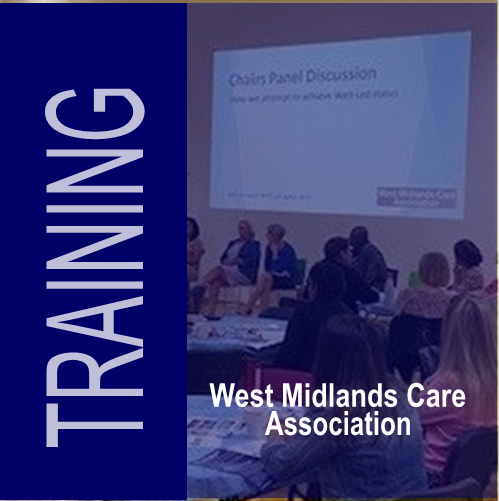Many of you have asked if we have more information about the mandatory ‘Oliver McGowan’ training that will need to be done. Particularly when you should start it.
Hopefully you will all have at last heard of this but if you haven’t, this is mandatory training on Learning Disability and Autism to provide health and care staff with the right skills and knowledge to provide safe and compassionate care to autistic people and those with learning disabilities.
There are two parts to the training, an e-learning package on general awareness of the support autistic people or those with a learning disability may need (Tier 1) which all staff will need to complete and a one day face to face session (Tier 2) for those staff who may need to provide actual care and support to autistic people or those with a learning disability.
There has been a lot of confusion as to when you should complete this and we have some guidance from Black Country ICB which is also relevant to other areas.
Firstly, this should not be rushed. You should however ensure that your staff are aware of the Oliver McGowan training, what it is and why it is needed. You may want to refer to Health Education England’s website
You can begin your Tier 1 training now but there is national guidance due in the next few weeks so it may be worthwhile holding fire until this is published. If you do want to start your Tier 1 training, the e-learning package can be accessed here.
Tier 2 training will need to be carried out face to face. The ICBs are working with Health Education England on train the trainer sessions to ensure there are enough assessors to deliver the training. This is likely to take a few months to get up to speed so again it may be worth waiting until the national guidance comes out before you start planning your training sessions. There are training companies already offering Tier 2 training.
CQC will be monitoring adherence to this mandatory training, so it is important you maintain accurate training records. One way you can do this is by using Skills for Care’s ASC WDS system. This is totally free of charge to use and has recently been updated to include Oliver McGowan. Having an ASC WDS account also gives you other benefits including access to Workforce Development Funding. You can sign up for a free account here
We hope that answers some of the questions that you have. The main point is not to panic and rush this. Wait for the national guidance due in the next few weeks, but in the meantime please ensure your staff are aware of the Oliver McGowan training and why it is important
Share






















